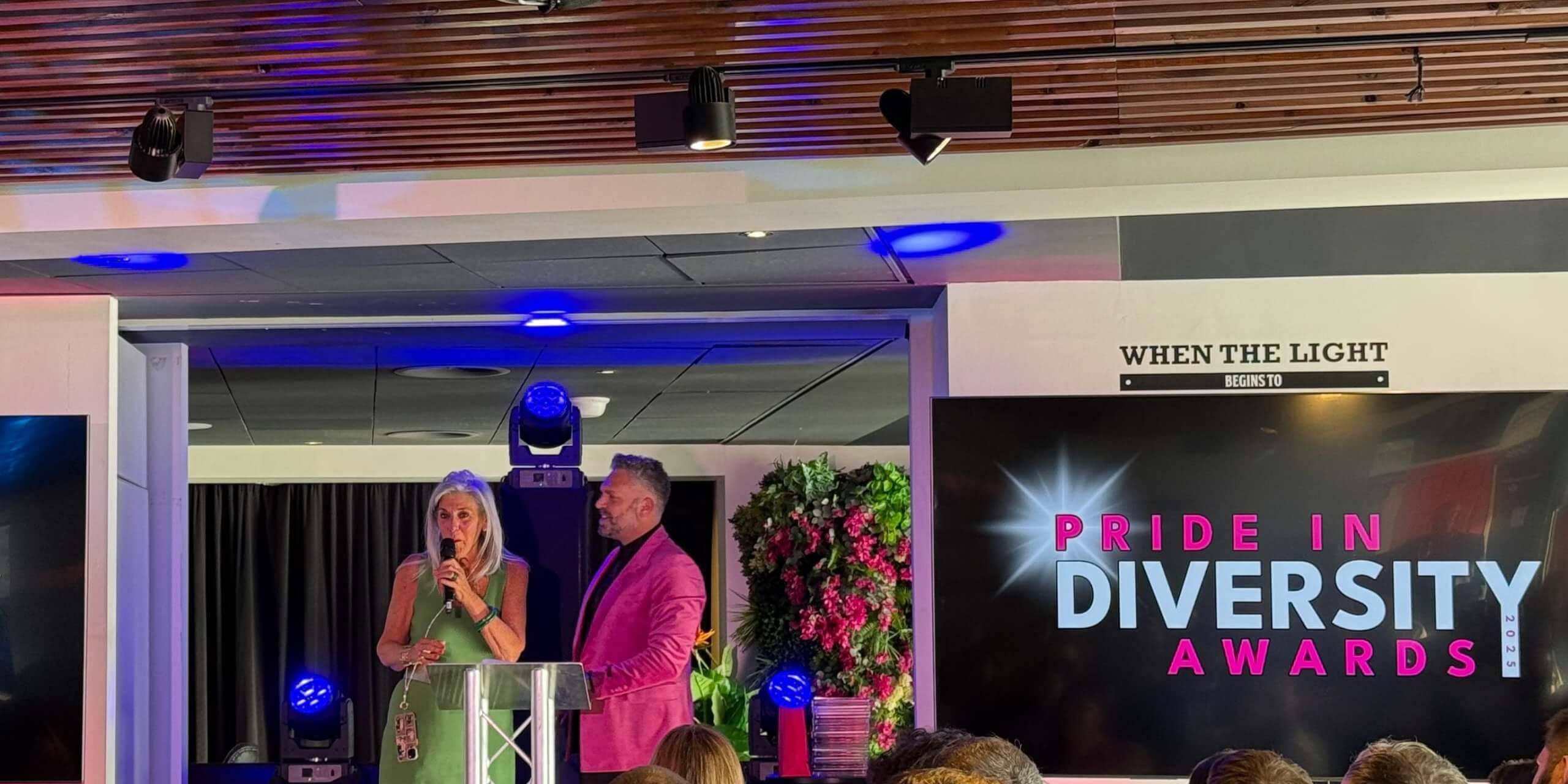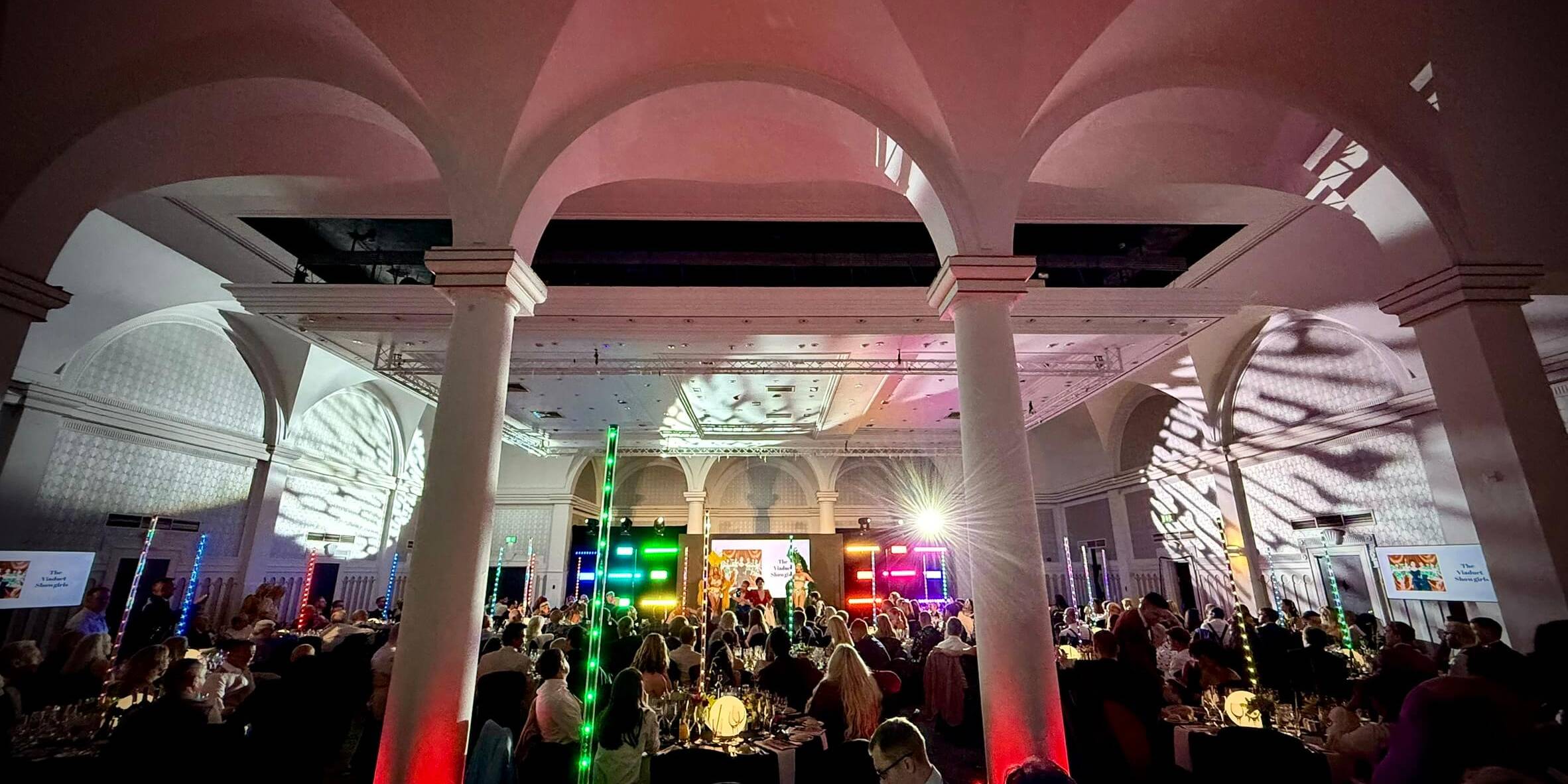Internet connectivity is so important. Why? Well, with no internet connection or an unstable connection, the event cannot be broadcast to online delegates and online remote presenters cannot present into the event.
Let’s look at each part of internet connectively individually:
1. Wi-Fi
Many venues have taken steps to substantially upgrade their internal networks to allow free fast Wi-Fi for guest to access whilst staying in the hotel. Wi-Fi is great for guests who are downloading documents, or sending emails or watching streaming services such as Netflix.
When we start to look at events with hybrid elements, Wi-Fi falls short. Wi-Fi is affected by many factors such as loading on the network, environmental factors, number of users etc.
Using standard Wi-Fi for a hybrid event would result in the broadcast dropping, or remote presenters’ connections to the conference system failing. This is not a good experience for delegates or presenters in either setting and can potentially damage client relationships.
2. Internal Networks
Venues are notorious for having substandard networks. They are possibly the most under-invested parts of venues (unless you’re a specialised conference centre, but even then, these systems are very rigid and restrictive). Many venues will only use internal networks for EPOS systems and office computers and many do not require state of the art networking infrastructure to operate.
Venues will outsource the management of their internal networks to IT firms that will maintain the system and carry out any work required. This in itself poses a problem for getting any work done on the system for an event.
It’s important to understand how you need to raise a ticket for having work carried out on your network by your IT support firm and what the timescales for this would be. We would anticipate that many of these types of firms will be under considerable pressure at the moment due to all venues wanting to explore the hybrid service offering for clients.
3. Internet Connection
Venues will have internet connections – they need this for their Wi-Fi networks, and for their own internal services such as card processing, email etc. However, the connection will vary from venue to venue. Some may have already had full-fibre installed directly to the hotel which will be able to achieve substantial download and upload speeds (usual speeds are 1Gb up / down). But some will still have copper connections (these connections are substantially restricted in speed, and cannot be easily upgraded if needed). Some venues may have several copper connections connected together to achieve faster internet speeds.
Venues are being advised to have dedicated internet connections installed into their conference spaces, however, this can be overkill.
Some venues may have already upgraded their internet connection to full-fibre. They may have also upgraded internal network infrastructure allowing for connections and data going round the network to be better managed. If this is the case, your IT support firm will be able to isolate a connection to ensure the speed isn’t restricted or affected by other traffic going around the network. They’ll also be able to apply security settings to the network to ensure other uses (such as guests) cannot access the data been broadcast from the event.
For a basic broadcast out only event, we would be looking to achieve a minimum upload speed of 25MB per second. For more complicated events requiring external presenters or translation services, we’d be looking to achieve download and upload speeds in excess of 50MB per second. This is a very rough idea as there’s a lot of other factors in place (quality of video/audio etc).


